Chinese paramilitary police stand guard at Tiananmen Square. (China Photos/Getty Images)
People News - Since the Third Plenary Session of the 20th Central Committee in July last year, numerous anomalies have emerged within the Chinese military and among high-ranking officials. In previous articles, I argued that to assess whether Party leader Xi Jinping truly controls military power, one must closely observe the details in military media reports and the statements made by various entities while studying the spirit of the Third Plenary Session and the Central Military Commission (CMC) Political Work Conference.
Over the past six months, the statements from various theater commands and service branches during their study of the aforementioned meetings' spirit have noticeably deviated from past practices. Mentions of "Xi Jinping Thought" and the "Two Establishes" have often been omitted, and references to "Chairman Xi" have either been absent or made only in passing. Although senior military officials have occasionally inserted "Xi Jinping Thought" into certain CMC-related reports to obscure such changes, it is worth noting that the overall tone of statements from theater commands and service branches has remained consistent. This suggests that once the order to downplay Xi's influence was issued, it was unlikely to be reversed, as doing so could disrupt military cohesion.
Evidently, until the CCP leadership formally announces changes within Zhongnanhai (the central leadership), the statements from various military regions and service branches will continue to reflect this shift. On January 17, the People's Liberation Army Daily and the CMC published an article titled "Jiangsu Military District Deepens Study and Implementation of the Spirit of the CMC Political Work Conference—Inheriting Fine Traditions and Setting Exemplary Standards." Notably, the report completely avoided mentioning "Chairman Xi" even once, while referencing the "CMC Political Work Conference" three times.
This approach to studying a meeting planned, promoted, and addressed by Xi Jinping—highlighting the meeting itself but omitting the leader who traditionally commands loyalty—is a clear signal, isn't it? Moreover, the fact that the statement came from the Jiangsu Provincial Military District makes it even more unusual.
The Jiangsu Provincial Military District is a military-level unit under the National Defense Mobilization Department of the Central Military Commission. It oversees Jiangsu Province and is jointly led by the National Defense Mobilization Department and the Jiangsu Provincial Party Committee and government. Following the military reforms, the provincial military district system no longer manages combat troops, focusing instead on administrative and service roles, which has led to an increase in civilian personnel.
Currently, the commander of the Jiangsu Provincial Military District, Ye Minsheng, previously served as an Air Force officer. In December 2019, he was promoted from Senior Colonel to Major General in the Air Force. He is not considered part of Xi’s inner circle, so this statement likely reflects directives from the CMC.
The puzzling question is whether this omission of "Chairman Xi" has received the approval of Jiangsu Provincial Party Secretary Xin Changxing—or whether Xin's approval is even necessary. After all, the Jiangsu Provincial Military District is also under the dual leadership of the Jiangsu Provincial Party Committee and government, with Xin serving as the district's Party Committee First Secretary.
From Xin Changxing’s career trajectory, it is evident that he spent a long time working in the Ministry of Labor and Social Security, up until 2008. Following this, he served as Deputy Minister of Human Resources and Social Security, Director and Party Secretary of the State Administration of Civil Service, until 2016. That year, he became Deputy Party Secretary of Anhui Province. In 2020, he was transferred to Qinghai Province, where he rose to become Governor and later Party Secretary. In 2023, he was appointed Jiangsu Provincial Party Secretary. During his career, Xin had numerous interactions with former Premier Wen Jiabao and Li Keqiang, suggesting that he is not someone trusted by Xi Jinping.
However, officials embedded in the CCP system typically make outward displays of loyalty to Xi, regardless of their true sentiments. For example, on December 23, 2022, during the 8th Plenary Session of the 14th Jiangsu Provincial Committee, Xin gave a speech in which he mentioned the "Two Establishes," emphasized the importance of understanding Xi Jinping’s significant speeches on Jiangsu, and referenced "Xi Jinping Thought" and "steering the helm of leadership." Such rhetoric is standard for officials pledging allegiance, but it does not necessarily reflect their genuine views.
Similarly, in a signed article titled “Adhering to and Strengthening the Party's Comprehensive Leadership to Provide Strong Guarantees for Further Deepening Reform” published on Jiangsu's official website on October 23, 2022, Xin highlighted the importance of "resolutely safeguarding the authority and centralized, unified leadership of the Party Central Committee," as outlined in the relevant Decision. It is unlikely that news of changes in Beijing's high-level leadership has not reached key provincial officials like Xin.
This raises the question: did Xin Changxing endorse the Jiangsu Military District’s recent statement? According to CCP practices, the main leader of a provincial government also serves as the "First Secretary" of the provincial military district’s Party Committee. This role is designed to act as a link between the military and local government, coordinating military and civilian interests to ensure a proper balance.
(First published by People News)

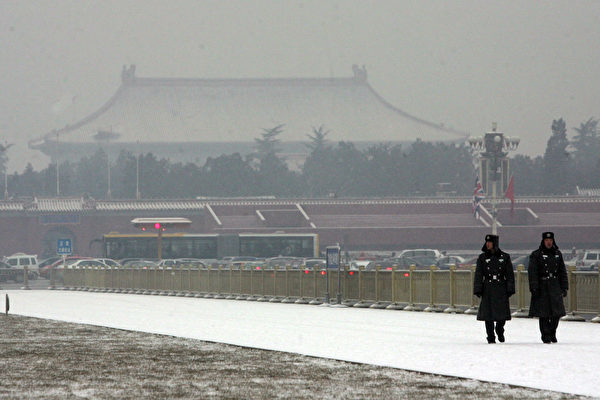
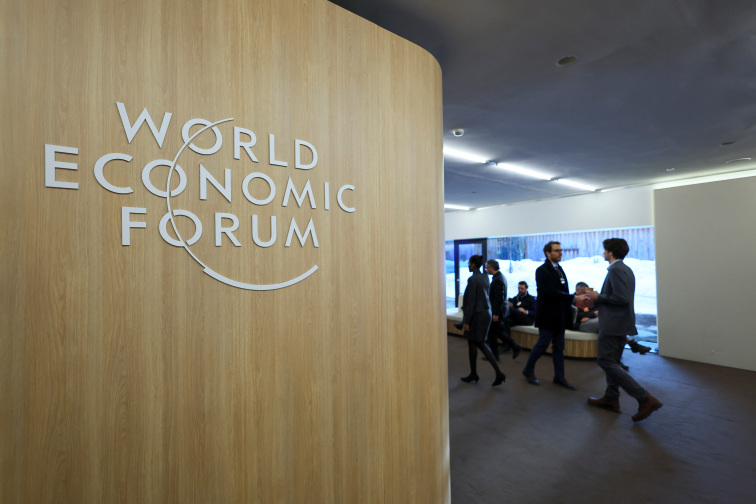

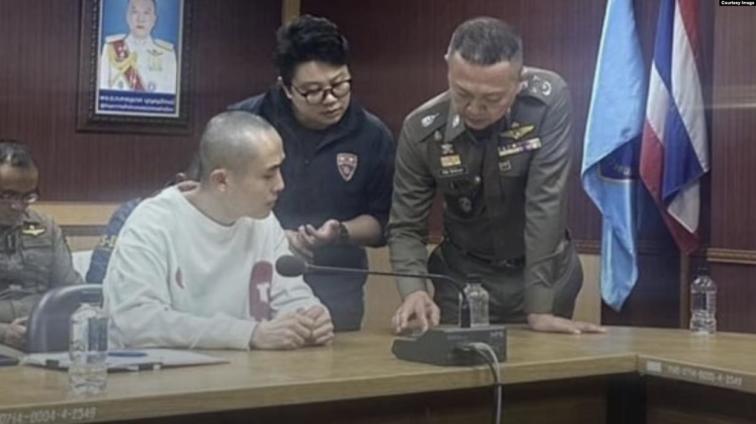
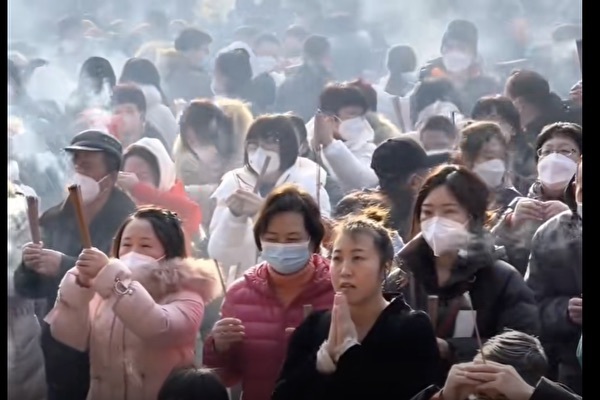
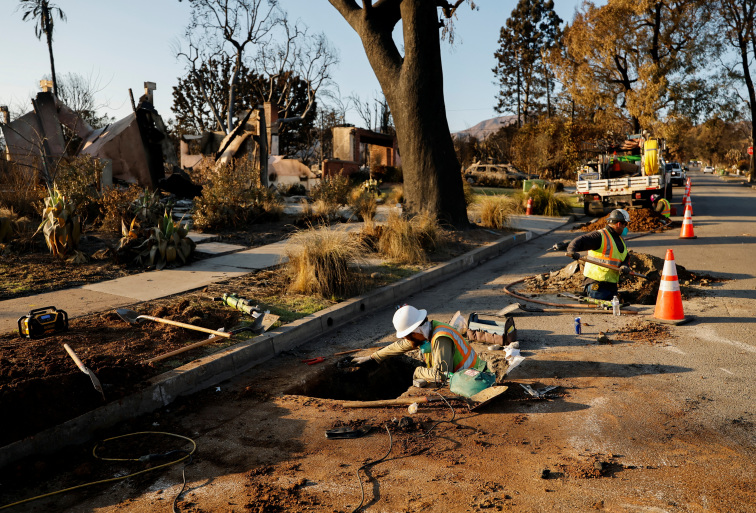
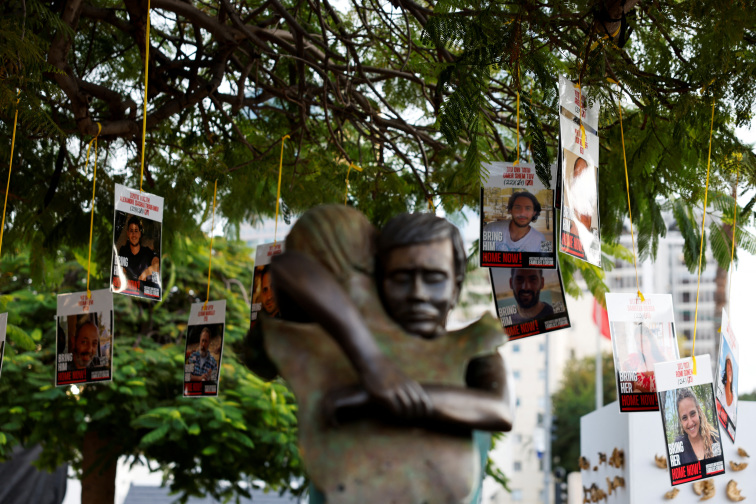


News magazine bootstrap themes!
I like this themes, fast loading and look profesional
Thank you Carlos!
You're welcome!
Please support me with give positive rating!
Yes Sure!